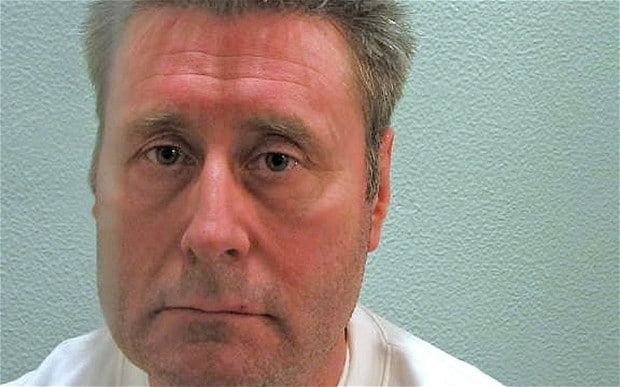Worboys ruling says police breached victims’ human rights
The Supreme Court ruled this morning that the Metropolitan police’s failure to investigate allegations against John Worboys breached his victims’ human rights. Two victims (DSD and NBV) who were subjected to serious sexual assaults brought successful proceedings on the basis of the European Convention on Human Rights, article 3 protecting the right to freedom from inhuman or degrading treatment.
After the women reported that Worboys had attacked them in 2003 and 2007, the police failed to investigate the allegations effectively, allowing the black cab rapist to remain at large and continue to commit sexual assaults. At his conviction in 2009, Worboys was given a life sentence for 19 offences including one rape.
However, he is suspected of having attacked over 100 women, many of whose allegations were not part of the prosecution’s case. The Parole Board recently decided to release Worboys after less than 10 years of his sentence, prompting widespread public outrage.
Having failed to defend the case successfully at first instance in 2014 and before the Court of Appeal in 2015, the Supreme Court unanimously dismissed the police’s appeal. Both victims have recovered compensation as a result.
Lord Kerr delivered the leading judgment, stating that the police have a duty to conduct effective investigations into all serious crimes. It was not enough, he suggested, for the police to argue that there was no structural or systemic deficiency in their investigation procedures. Agreeing with DSD and NBV’s case, Lord Kerr said that operational mistakes in individual investigations could amount to a breach of the convention.
By contrast, Lord Hughes argued for a narrower approach. Whilst also dismissing the appeal, he preferred to decide the case on the basis that ‘[w]hat went wrong involved plain structural errors’ rather than merely operational ones.
Flaws in the police’s investigation of the allegations were considerable in this instance. Failing to collect relevant CCTV evidence and interview witnesses, the police did not establish links between the many independent complaints against Worboys. The two women were entitled to compensation in light of the police’s operational shortcomings.
In finding that the police had breached DSD and NBV’s article 3 rights, the court recognised that the decision would ‘act as an incentive’ to avoid future errors and ‘to deter, indeed eliminate, the making of such grievous mistakes’. Investigative obligations to the victims of serious crimes would not, the court concluded, inhibit operations or act as a drain on resources.
‘Having already let these women down in the most horrific way, the Met could have accepted the High Court’s ruling four years ago,’ commented Martha Spurrier, director of Liberty, the UK human rights charity which intervened in the case.
‘Instead they used taxpayers’ money to drag them all the way to the highest court in the land, with the full backing of the Home Secretary. What was obvious from the start is now in black and white – the police are legally required to properly investigate very serious crimes.’
Despite qualifying his conclusion by explaining that ‘errors in investigation, to give rise to a breach of article 3, must be egregious and significant’, Lord Kerr asserted that the fact that the errors may have been made in good faith was irrelevant – nor did it matter that the state had no involvement in committing the crimes. He added that the ‘prospect of every complaint of burglary, car theft or fraud becoming the subject of an action under the Human Rights Act’ was not ‘a serious possibility’.
For the police, the chief consequence of this significant judgment is that is carves out a ‘distinct but definite’ duty to carry out thorough investigations into serious crimes such that the law can be applied effectively. It is not enough for the police to put in place an effective system in general – each operation concerning serious crimes must be sound. Indeed, as Lord Neuberger pointed out, ‘[s]erious operational failures by individual officers would frequently throw up arguable systemic issues’, and it would be difficult to draw a hard-and-fast line between isolated and structural failings.
The two victims are currently bringing a separate judicial review of the Parole Board’s decision to release Worboys.







